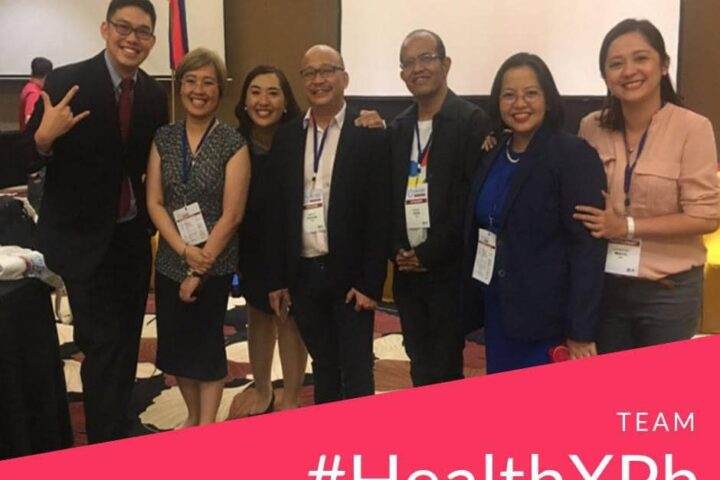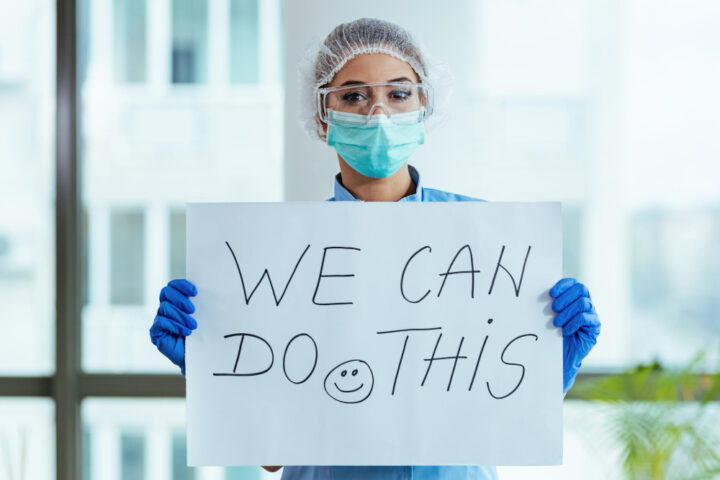Having been on social media for some time, I had my share of feedback for the quality of medical care I render. Yes, despite boundaries we define to keep our social media profiles “professional”, there are those who went beyond norms to convey a “feedback”. Social media has made that easier for patients. In my case, direct message is the most common method of feedback, followed by comments or likes of my social media postings. Comments, no matter how unrelated to my social media post, have undeniably inspired me to do even better in my clinical practice.
Imagine though if the message goes like this: ” Why do you have a long clinic waiting time?” or “I can’t afford your professional service. It is expensive”.
I can understand your reaction. “What the ???”
As a healthcare professional whose mantra is “to improve the quality of care”, a “negative” feedback like this hurts the most. It’s never easy dealing such feedback, but when you do, it’s also one of the most eye opening.
The authenticity and transparency of social media placed a balance to the equation of care by providing a platform for the patient’s voice. The quality of care mirror, isn’t limited to our peers or experts anymore. It went past beyond the structured patient personal satisfaction survey to the social media platforms- healthcare’s social mirror.
In this increasingly interconnected, social and consumer driven world, healthcare has no escape from this social mirror. Social media is a microscope where patients examine their healthcare providers and ostentatiously give their feedback not only to the healthcare community, but to the public as well.
In 2002, the ABIM Foundation, American College of Physicians Foundation and the European Federation of Internal Medicine jointly authored Medical Professionalism in the New Millennium: A Physician Charter.
Published simultaneously in Annals of Internal Medicine, The Lancet and theEuropean Journal of Internal Medicine, Harold C. Sox, MD, then editor of Annals of Internal Medicine, wrote, “I hope that we will look back upon its (the Charter’s) publication as a watershed event in medicine.”
The charter was created in response to the challenges of the new millennium that will impact medical professionalism- the internet and ten years later, social media. Included in this physician charter is a preamble and a set of responsibilities termed “commitments” to healthcare, our patients and humanity in general. One of these is the “commitment to improve quality of care“. Years after this charter’s creation, social media emerged as both an opportunity and challenge to medical professionalism.
This is the anchor to our topic on this Saturday’s tweet chat.
How patient’s social media feedback could improve healthcare professionals’ quality of care?
In the Spark Report, 60% of the physicians included in the study believe “social media improves the quality of care delivered to patients”. How they were able to measure this isn’t available publicly, but 60% is a huge majority.

Another study by Timian et al measured hospital’s quality of care via facebook likes.
The results showed that Facebook “Likes” have a strong negative association with 30-day mortality rates and are positively associated with patient recommendation. These exploratory findings suggest that the number of Facebook “Likes” for a hospital may serve as an indicator of hospital quality and patient satisfaction.
Greaves’ study used social media to detect poor quality of care by harnessing the cloud of patient experience. Cloud of experience meant “unstructured descriptions of patient experience on the internet”. The limitation of this study was that measures wasn’t measurable as of that time. It showed though some variable association between patient experience and quality of care.
Could social media really improve a healthcare professional’s quality of care? That we will try to answer in this Saturday’s chat.
Join us this Saturday 9Pm Manila time as we discuss how patient’s social media feedback could improve an individual healthcare professional’s quality of care.
- T1: Will patient social media feedback improve healthcare professionals quality of care?Why or why not?
T2: What aspect of care would patient’s social media feedback impact the most? The least? Positively? Negatively?
T3: What social media feedback method would most likely improve quality of care by HCPs? Comments, tweets?Private?/Public?
Closing thoughts: Your take home message about how could patient’s social media feedback could improve on the quality of care by healthcare professionals.
Resources:
Medical Professionalism in the New Millennium: A Physician Charter. Ann Intern Med. 2002;136(3):243-246
http://annals.org/article.aspx?articleid=474090
Spark Report by Demi & Cooper Advertising and DC Interactive Group
http://thesparkreport.com/infographic-social-mobile-healthcare/
Timian A, Rupcic S, Kachnowski S, Luisi P.Do patients “like” good care? measuring hospital quality via Facebook; Am J Med Qual. 2013 Sep-Oct;28(5):374-82
http://www.ncbi.nlm.nih.gov/pubmed/23378059
Greaves F1, Ramirez-Cano D, Millett C, Darzi A, Donaldson; Harnessing the cloud of patient experience: using social media to detect poor quality healthcare. BMJ Qual Saf. 2013 Mar;22(3):251-5. http://www.ncbi.nlm.nih.gov/pubmed/23349387











